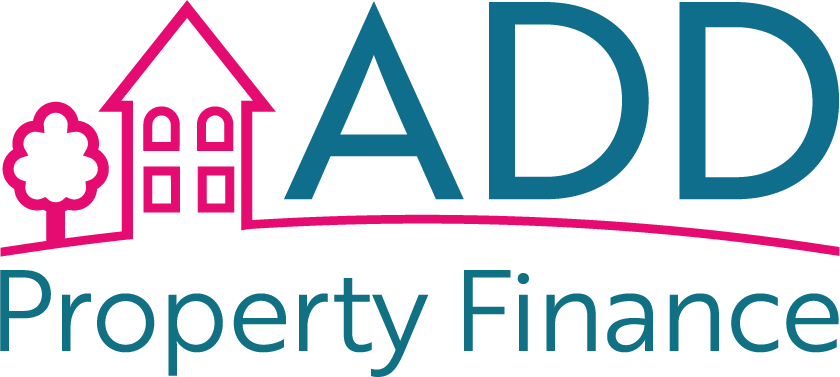For homeowners grappling with multiple high-interest debts, the idea of consolidating them into a single, more manageable payment can be enticing. One avenue to achieve this financial relief is through a second charge mortgage, also known as a secured loan. In this article, we’ll examine how homeowners can use second charge mortgages for debt consolidation, explore the potential benefits, and weigh the associated risks to help you determine if this is the right move for you.
Understanding Debt Consolidation with Second Charge Mortgages
Debt consolidation involves taking out a new loan to pay off existing debts, leaving you with a single, more manageable monthly payment. When homeowners opt for a second charge mortgage as their consolidation tool, they use the equity in their property as collateral to secure a loan. Here’s how it works:
- Assess Your Debt Situation: The first step is to evaluate your existing debts, including credit card balances, personal loans, and other high-interest obligations.
- Determine Loan Amount: Next, calculate the total amount needed to pay off these debts in full. This will be the principal amount of your second charge mortgage.
- Apply for a Second Charge Mortgage: You’ll need to apply for a second charge mortgage through a lender or mortgage adviser. They will assess your property’s equity and your ability to repay the loan.
- Debt Settlement: Once approved, the funds from the second charge mortgage are used to settle your existing debts, leaving you with a single, more manageable monthly payment on the new mortgage.
The Potential Benefits of Debt Consolidation with Second Charge Mortgages
1. Lower Interest Rates: Second charge mortgages often come with lower interest rates compared to credit cards and some other unsecured debts. This can result in significant interest savings.
2. Single Monthly Payment: Managing a single payment is more straightforward and less prone to missed payments or late fees than juggling multiple debts.
3. Improved Cash Flow: By consolidating debts, you may free up more of your monthly income, providing greater financial flexibility.
4. Preservation of Credit Score: Successful debt consolidation can help protect your credit score by ensuring you make timely payments on your new mortgage.
The Risks to Consider
1. Secured Debt: A second charge mortgage is secured against your property. If you fail to make payments, your home is at risk of repossession.
2. Prolonged Repayment: While your monthly payments may be lower, extending the repayment term with a second charge mortgage could mean paying more in interest over the long run.
3. Eligibility Criteria: Qualifying for a second charge mortgage can be challenging if you have adverse credit or limited equity in your property.
4. Affordability: Ensure that you can comfortably afford the new monthly payment on your second charge mortgage.
5. Professional Advice: It’s crucial to consult with a mortgage adviser or financial expert to assess your specific situation and determine whether debt consolidation through a second charge mortgage aligns with your financial goals.
In conclusion, debt consolidation with a second charge mortgage can be an effective strategy for homeowners seeking relief from high-interest debts. However, it’s essential to carefully consider the benefits and risks involved, assess your ability to make the new monthly payments, and seek professional advice to make an informed decision. When used wisely, debt consolidation can provide much-needed financial breathing room and set you on a path towards improved financial health.







